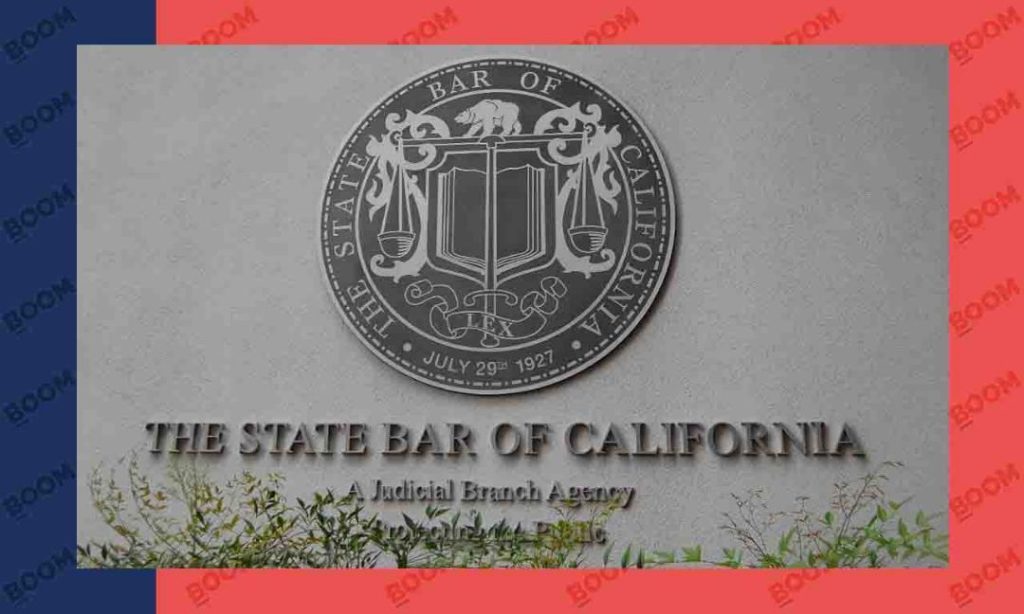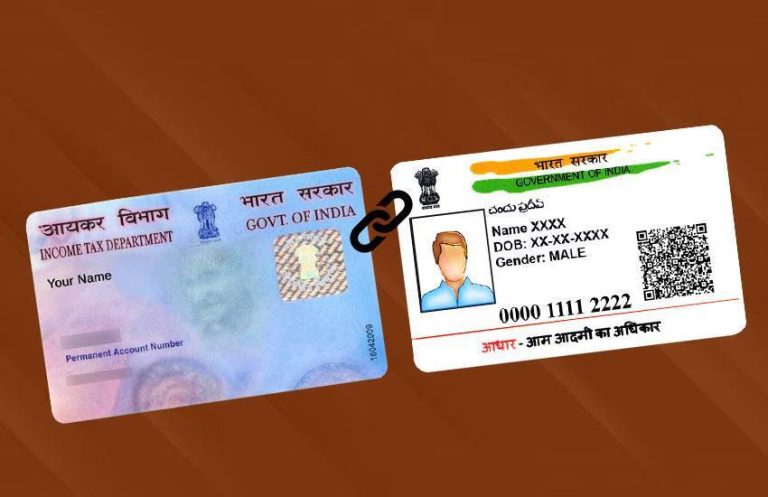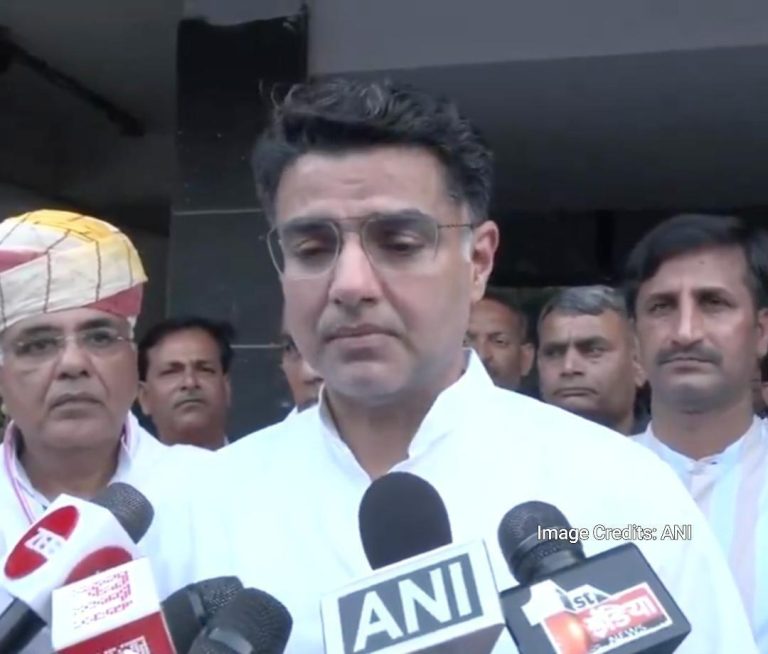
California Bar Admits AI Helped Create Exam Questions
The recent February exam administered by the California State Bar has been marred by tech failures, with candidates facing crashes, frozen screens, and data issues. However, the latest revelation has added another layer of complexity to the already troubled examination process. The California State Bar has confirmed that AI was used to help create 23 multiple-choice questions on the exam.
The use of artificial intelligence in creating exam questions has sparked concerns among legal professionals and students alike. The California State Bar’s decision to utilize AI in creating exam questions has raised questions about the integrity of the exam process and the potential for biased or unfair questions.
According to reports, the majority of the questions created with AI assistance came from Kaplan, a leading provider of legal education and exam preparation services. The AI algorithm used by Kaplan was designed to analyze existing law exams and create new questions that were similar in style and difficulty.
While the use of AI in creating exam questions may seem like a innovative and efficient way to generate questions, it raises several concerns. One of the primary concerns is the potential for biased questions. AI algorithms are only as good as the data they are trained on, and if the data is biased, then the questions created will also be biased. This could potentially lead to unfair advantages or disadvantages for certain candidates.
Another concern is the lack of transparency in the exam process. The use of AI in creating exam questions means that candidates will have no idea whether the questions they are answering were created by humans or by a machine. This lack of transparency could lead to mistrust among candidates and undermine the integrity of the exam process.
The California State Bar’s decision to use AI in creating exam questions has also raised questions about the role of technology in the exam process. While technology can be a useful tool in streamlining the exam process, it is not a replacement for human judgment and oversight. The use of AI in creating exam questions may lead to a loss of human expertise and oversight, which could have serious consequences for the exam process.
In response to the controversy, the California State Bar has announced that it will ask the state’s Supreme Court to review the scores of the recent exam. This decision was made after the Bar received numerous complaints from candidates about the exam process and the use of AI in creating exam questions.
The use of AI in creating exam questions is not a new trend, and other jurisdictions have also explored the use of AI in their exam processes. However, the California State Bar’s decision to use AI in creating exam questions has sparked a wider conversation about the role of technology in the legal profession.
As the legal profession continues to evolve, the use of technology in the exam process will likely become more widespread. However, it is essential that the exam process remains transparent and fair, and that the use of AI is done in a way that maintains the integrity of the exam process.
In conclusion, the California State Bar’s decision to use AI in creating exam questions has raised several concerns about the integrity and fairness of the exam process. While the use of AI may seem like an innovative and efficient way to generate questions, it is essential that the exam process remains transparent and fair. The California State Bar’s decision to ask the state’s Supreme Court to review the scores of the recent exam is a step in the right direction, and it is essential that the Bar continues to prioritize the integrity and fairness of the exam process.
Source:






